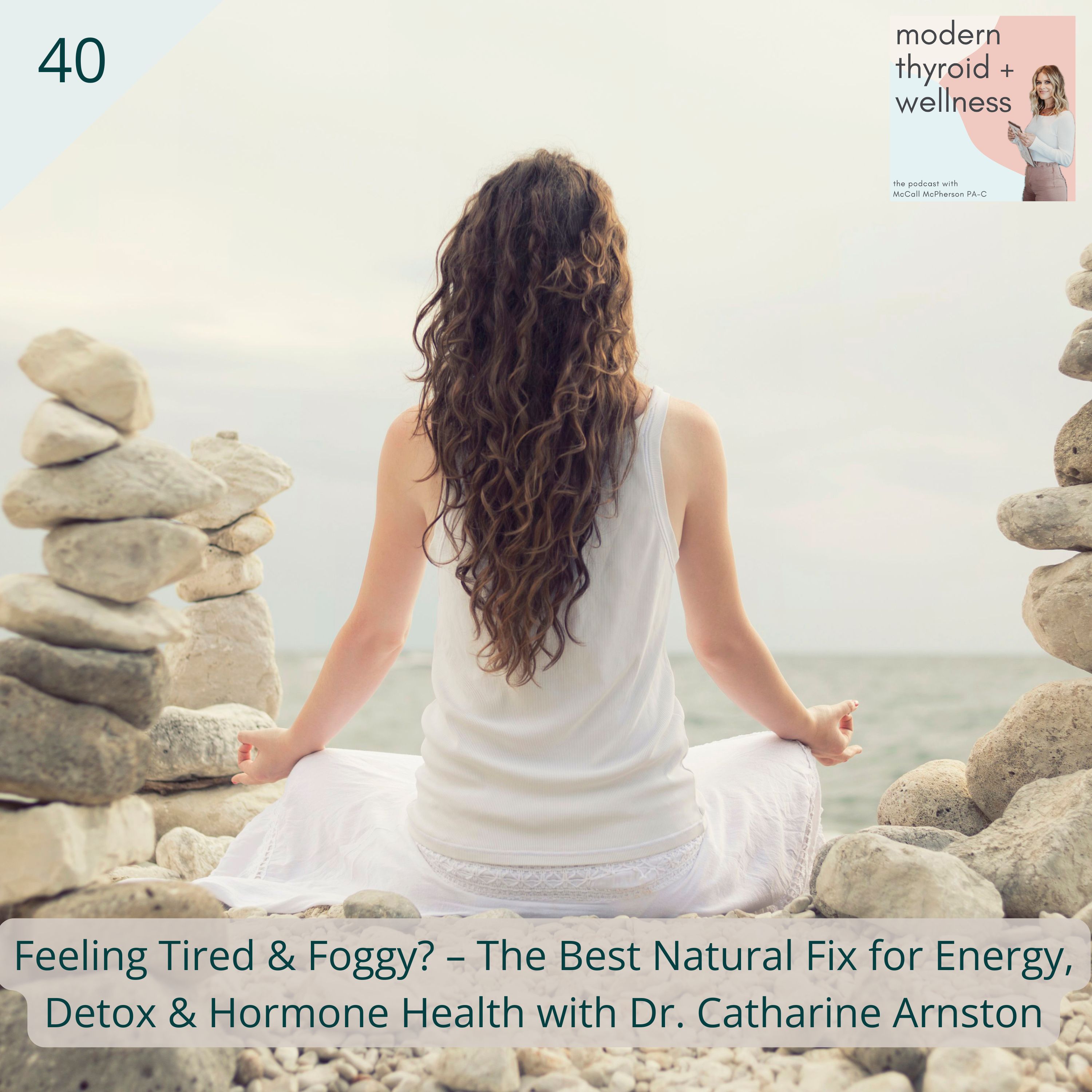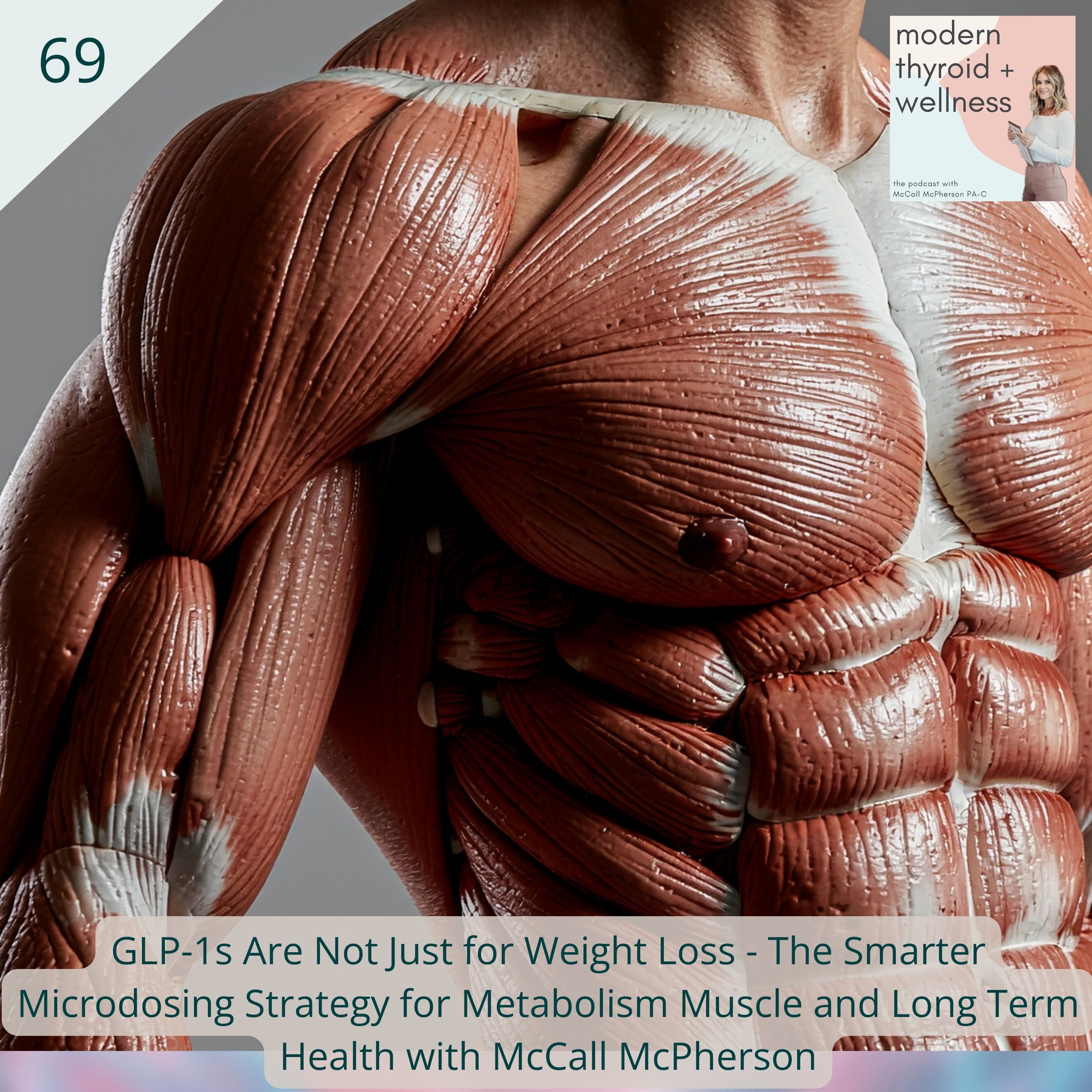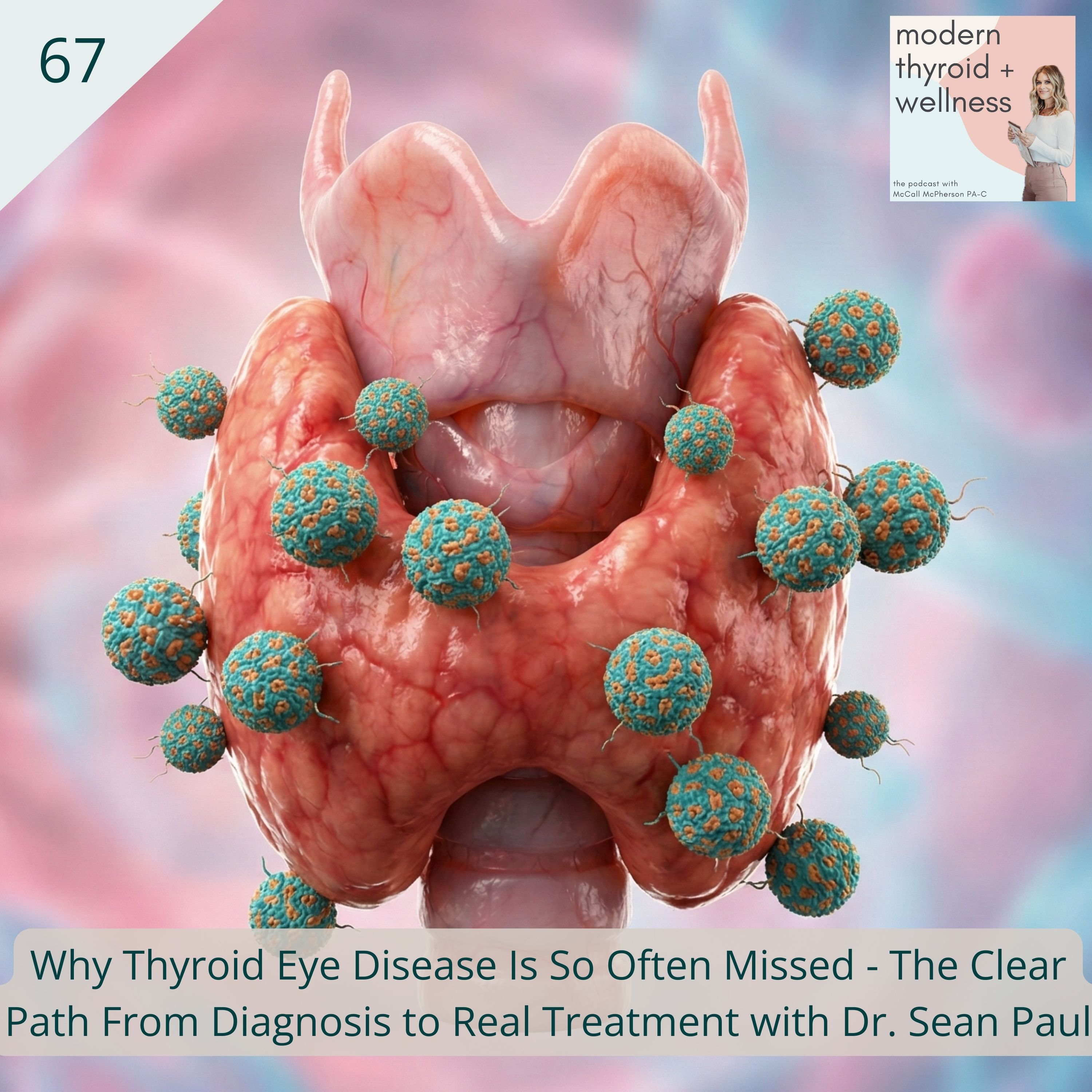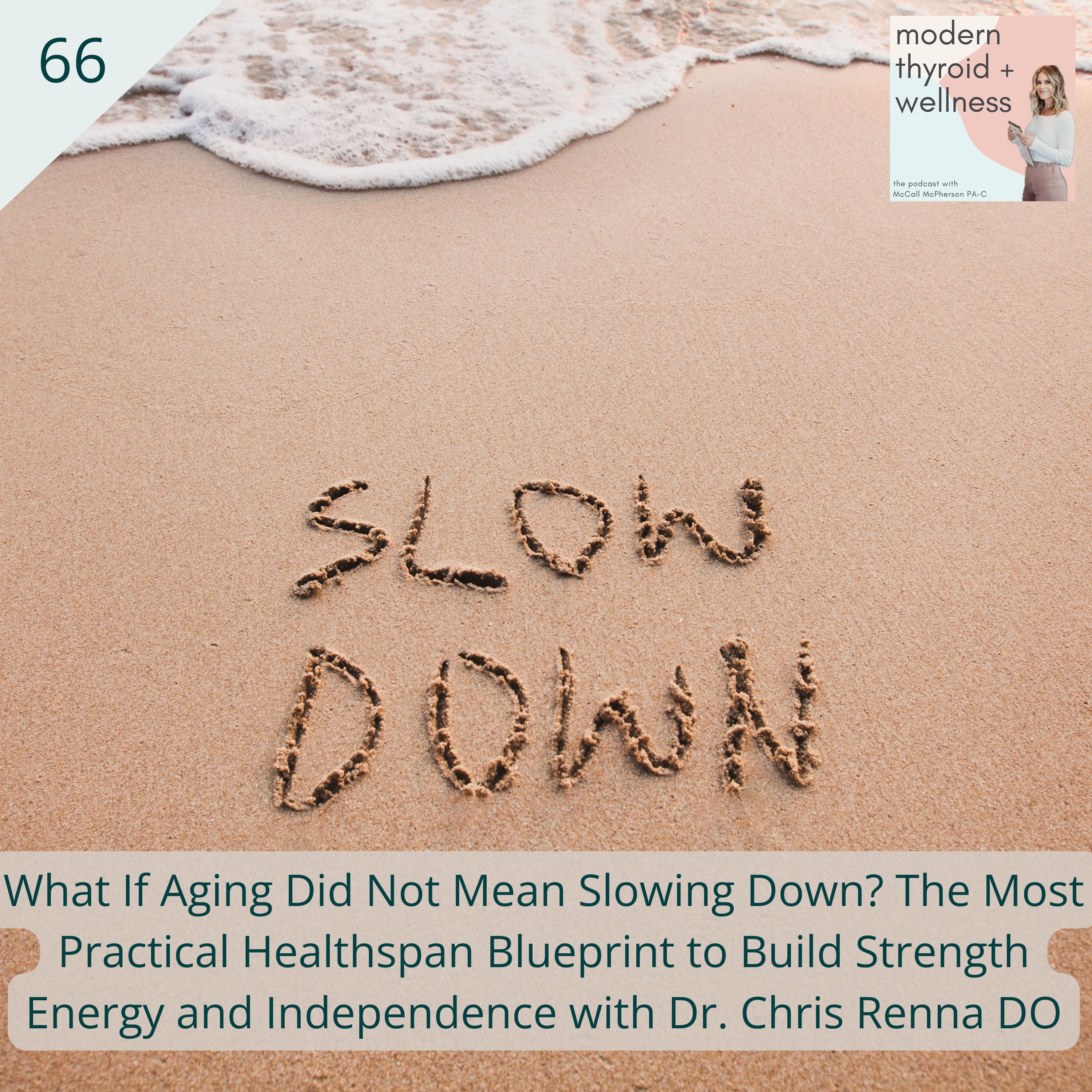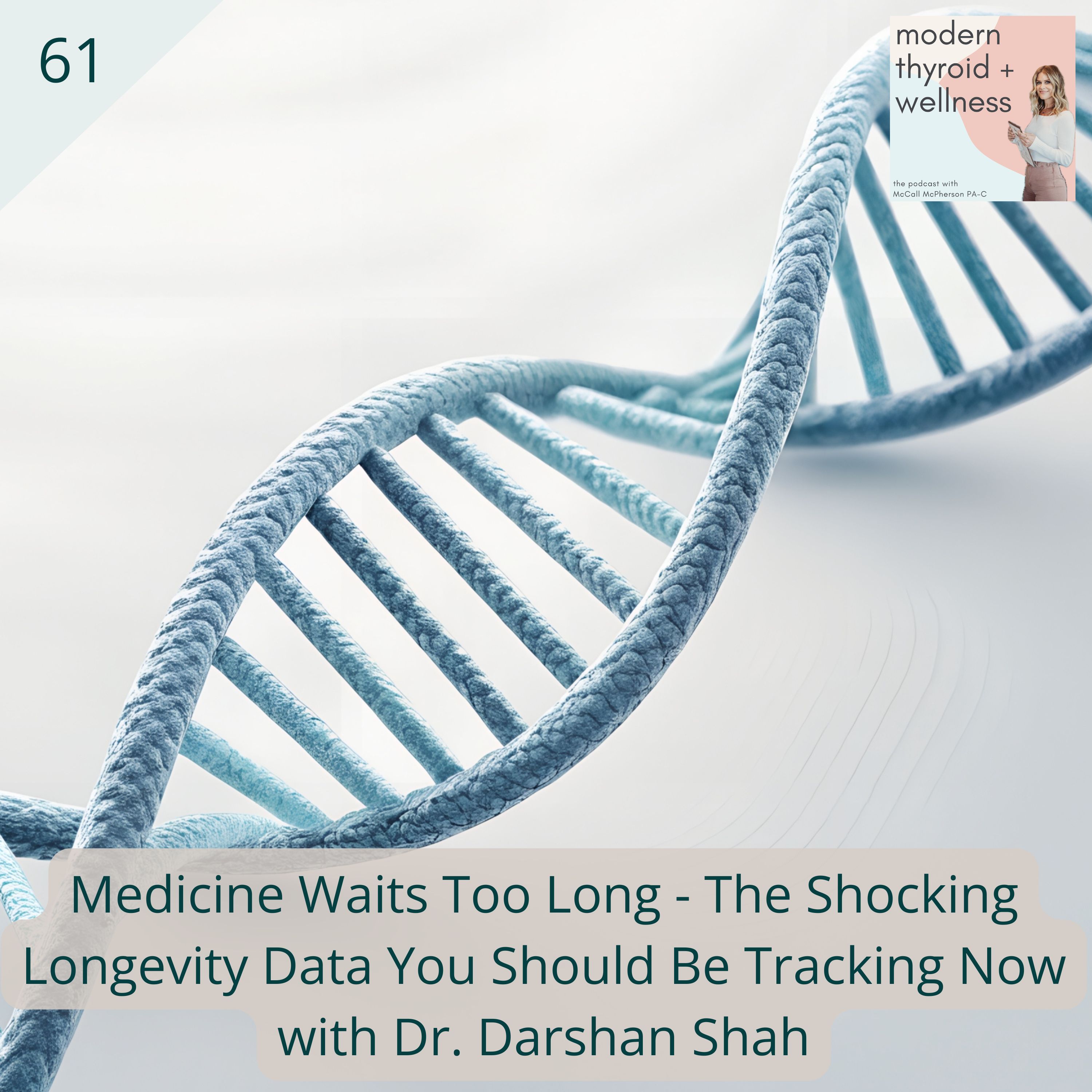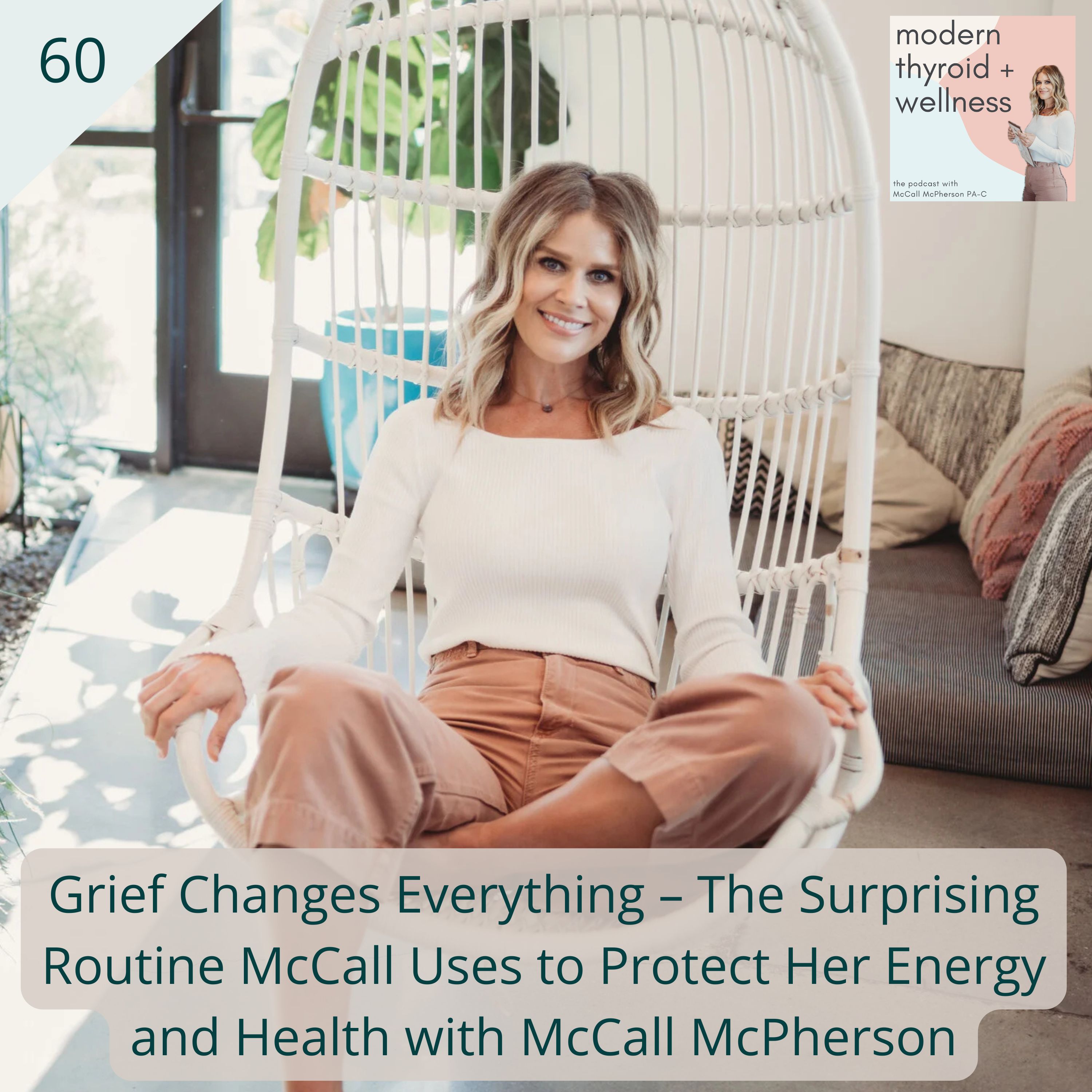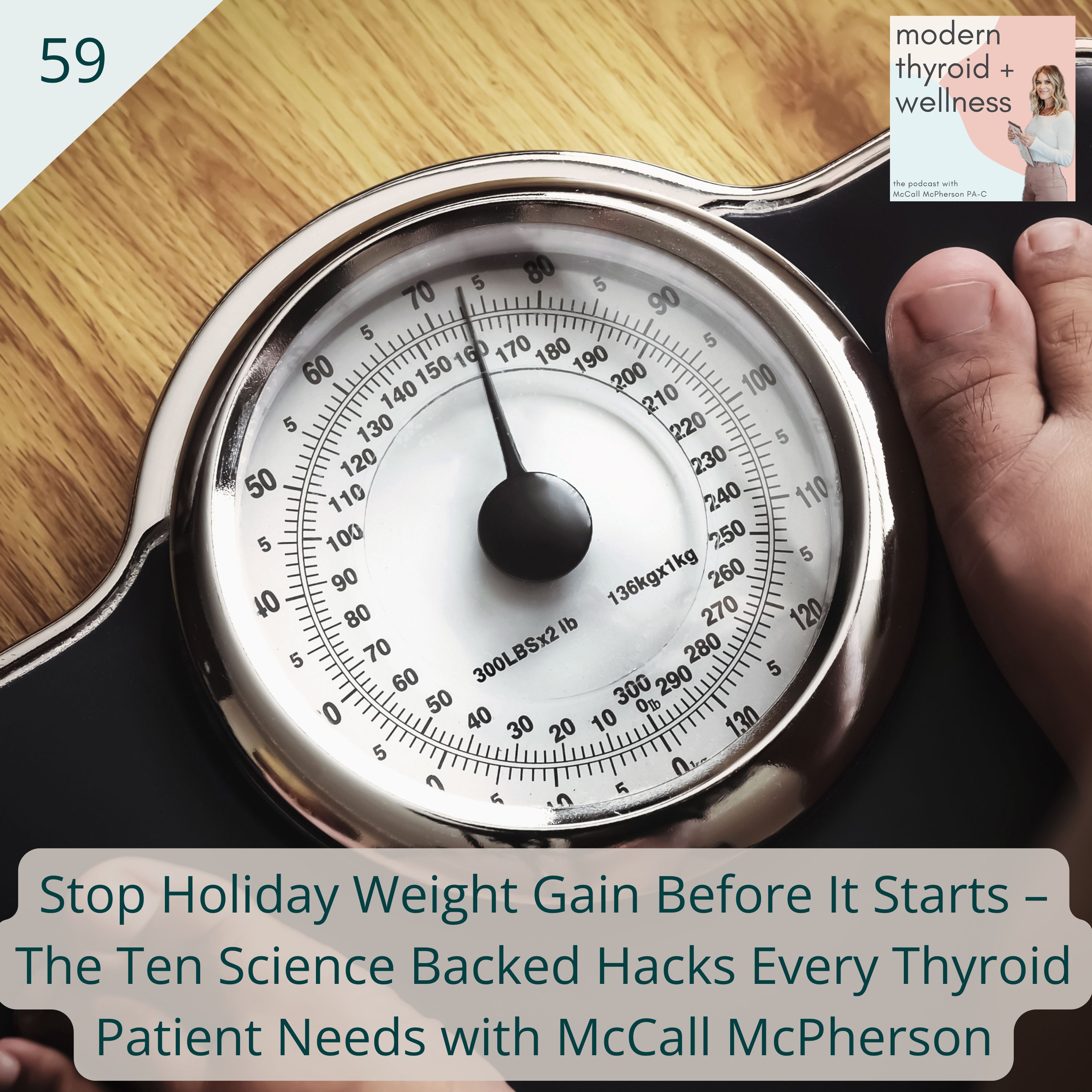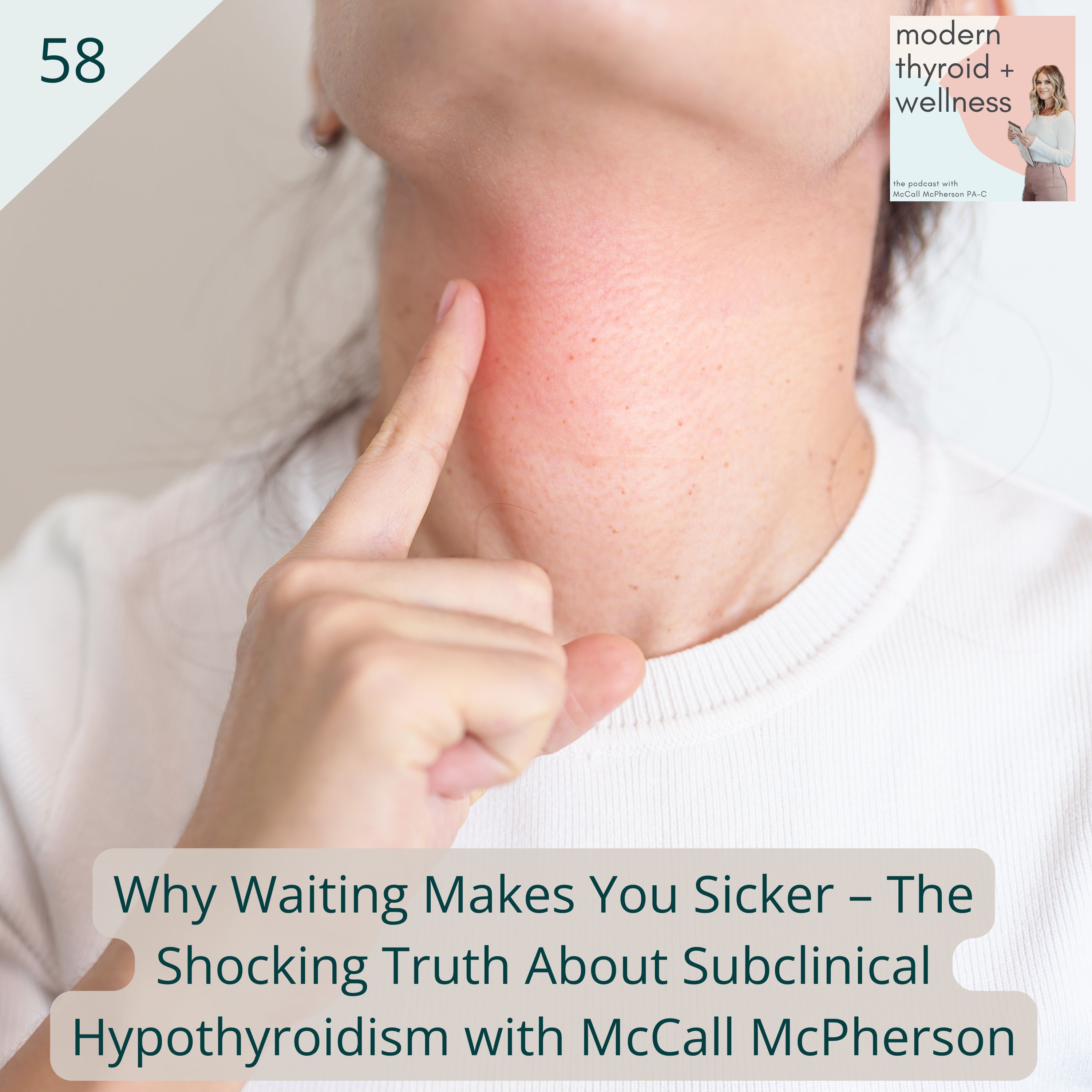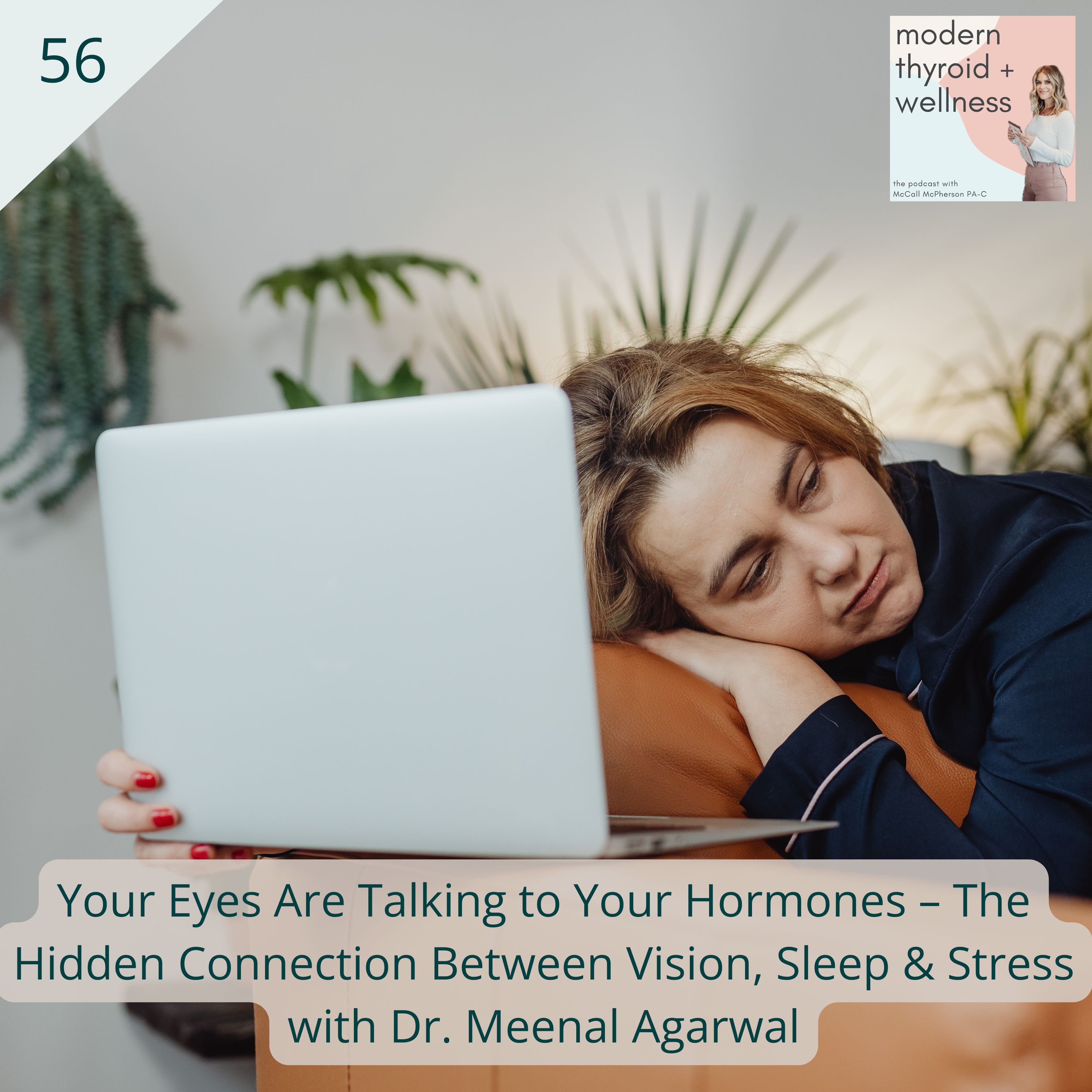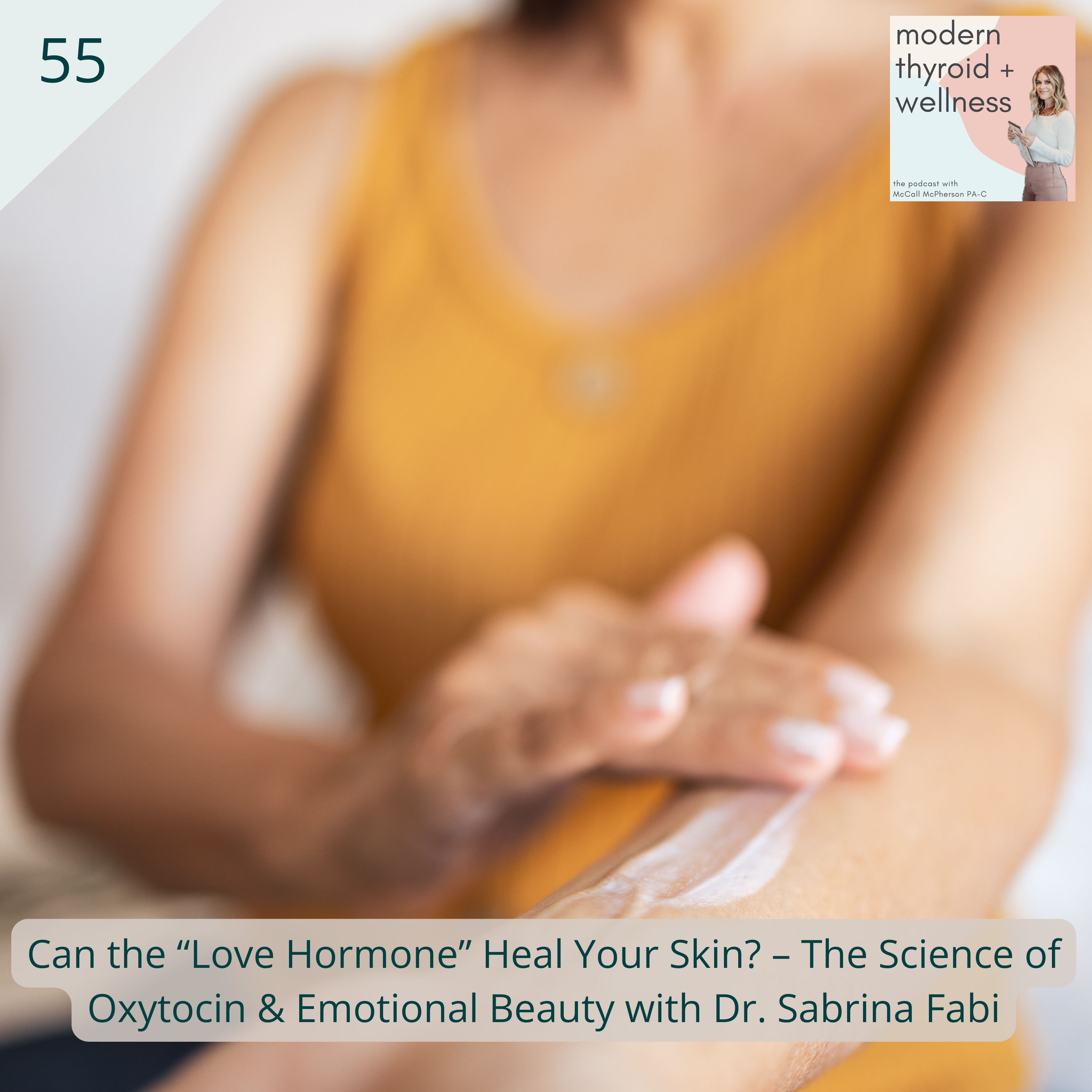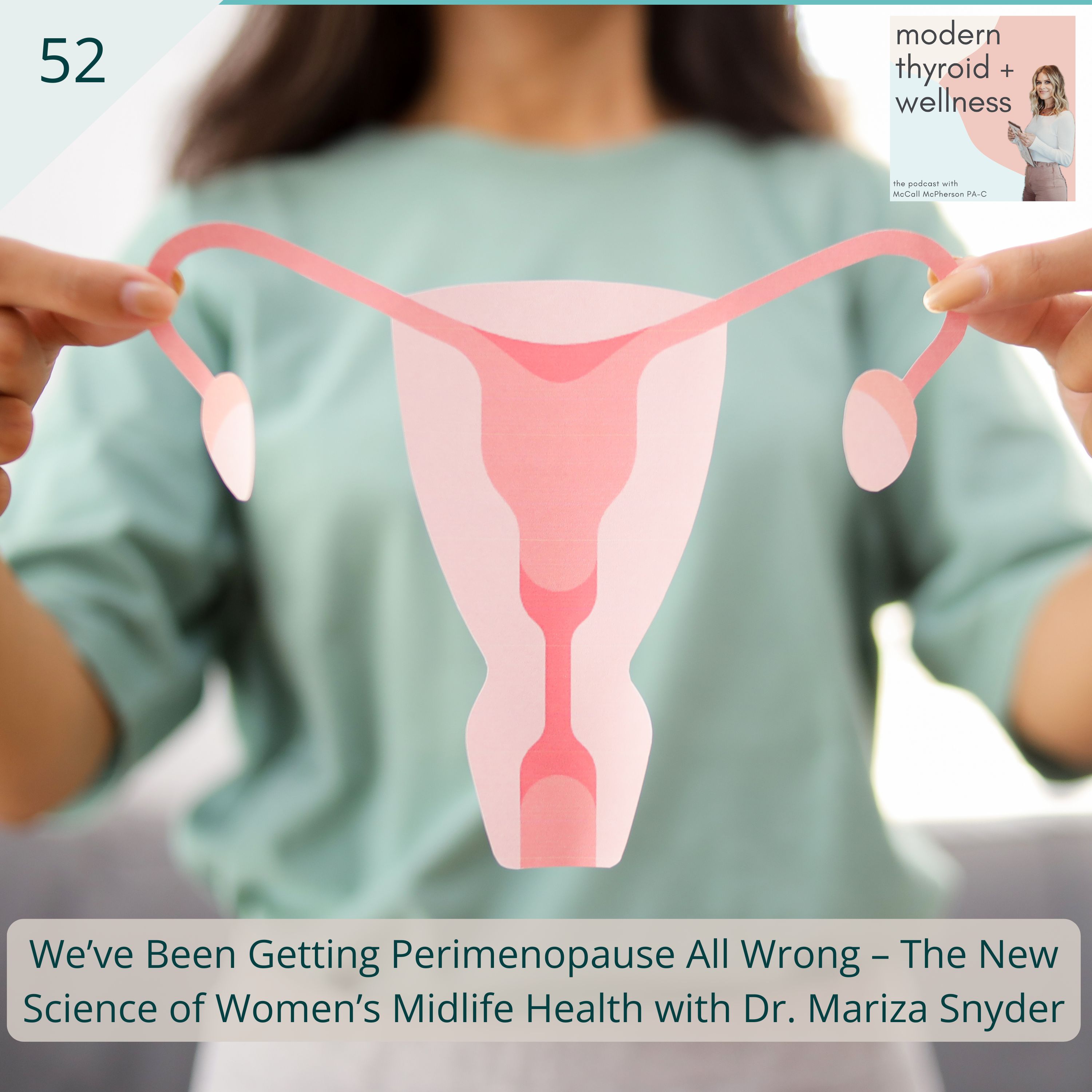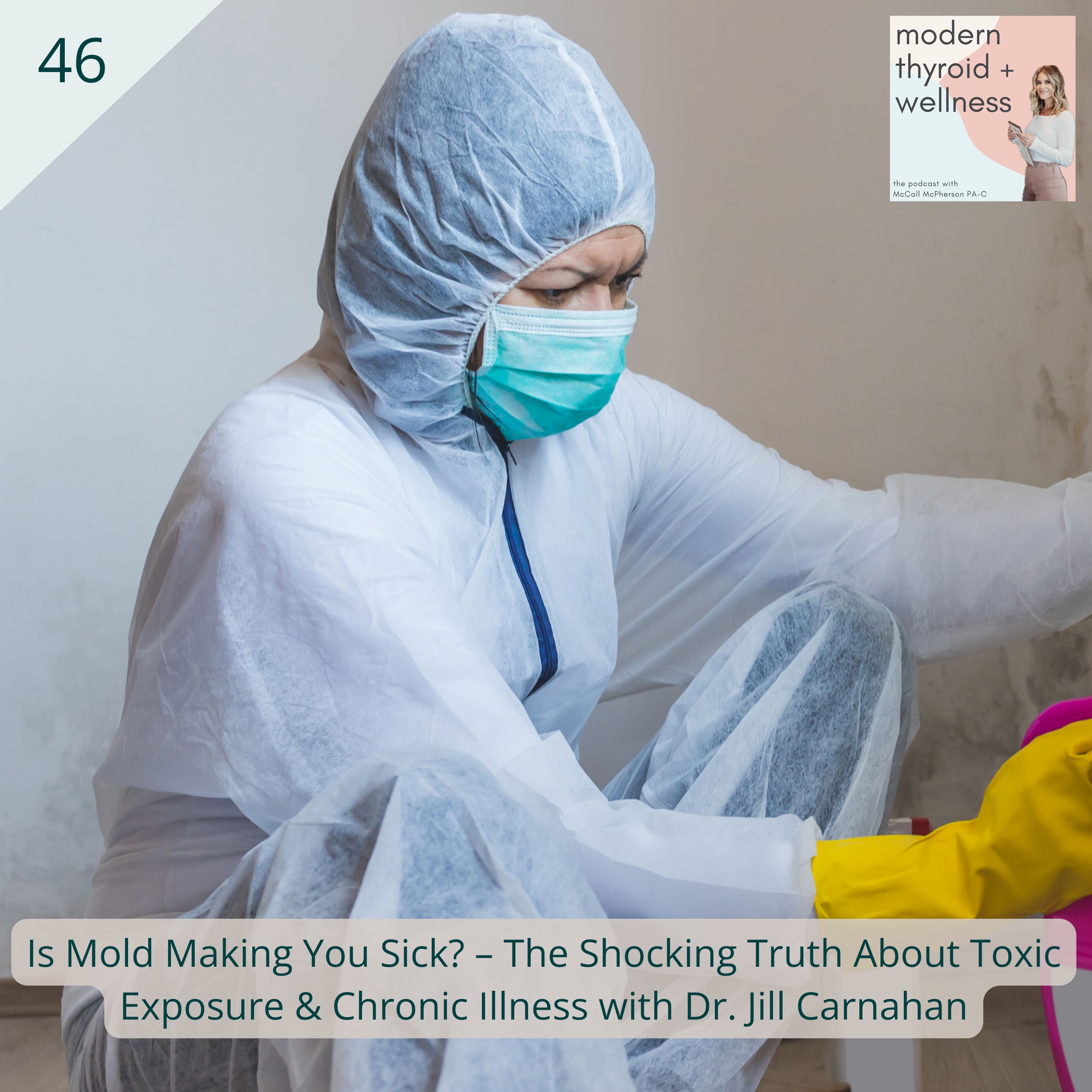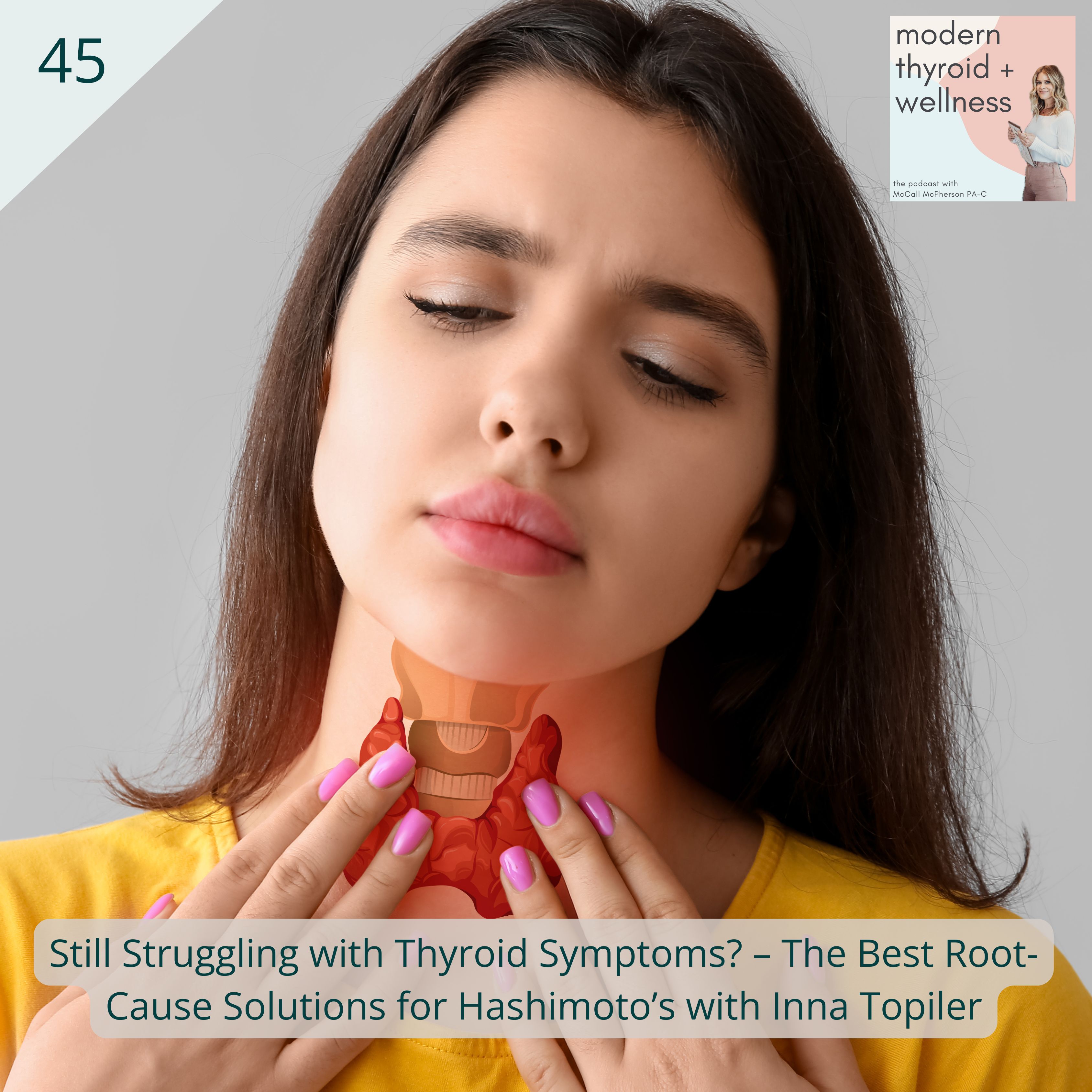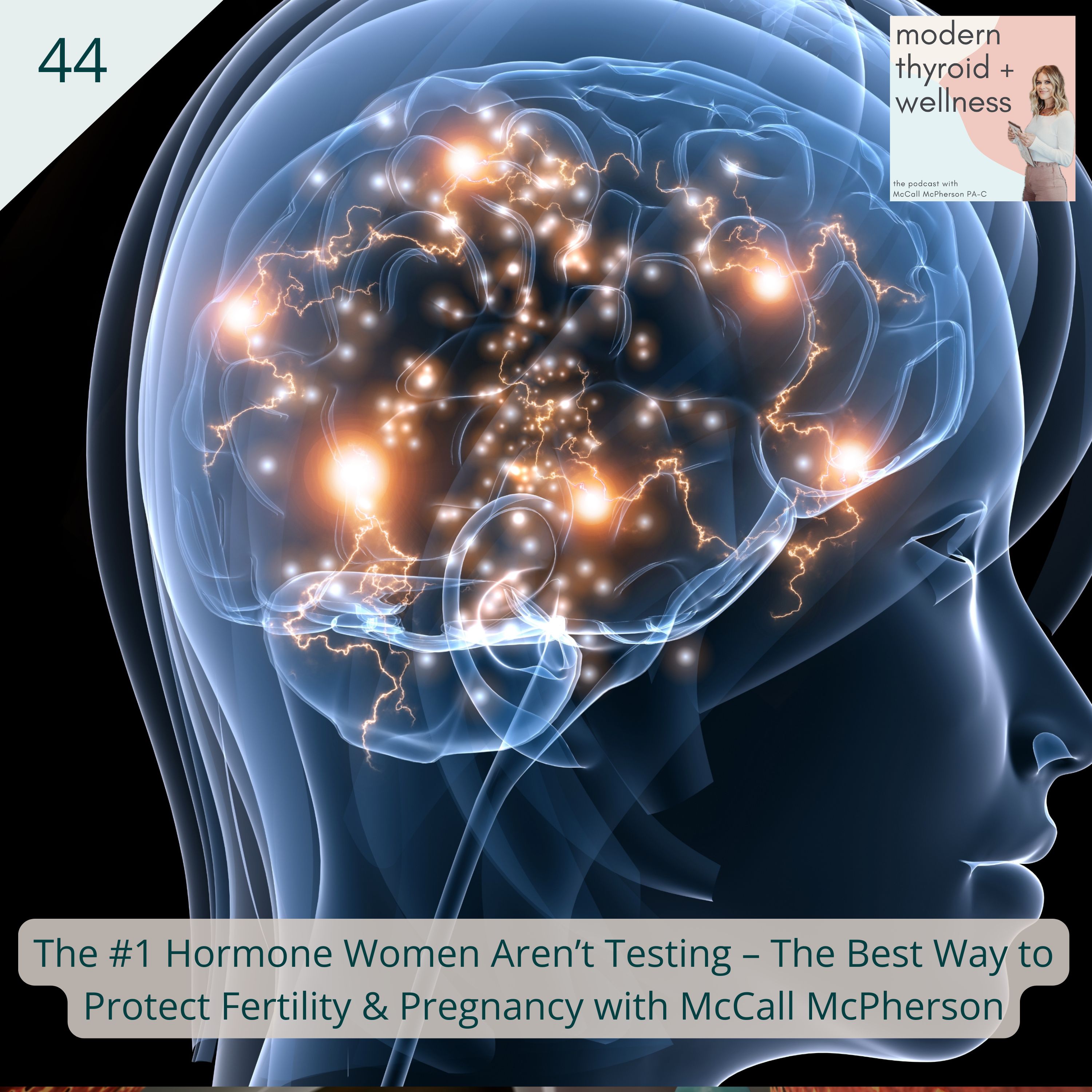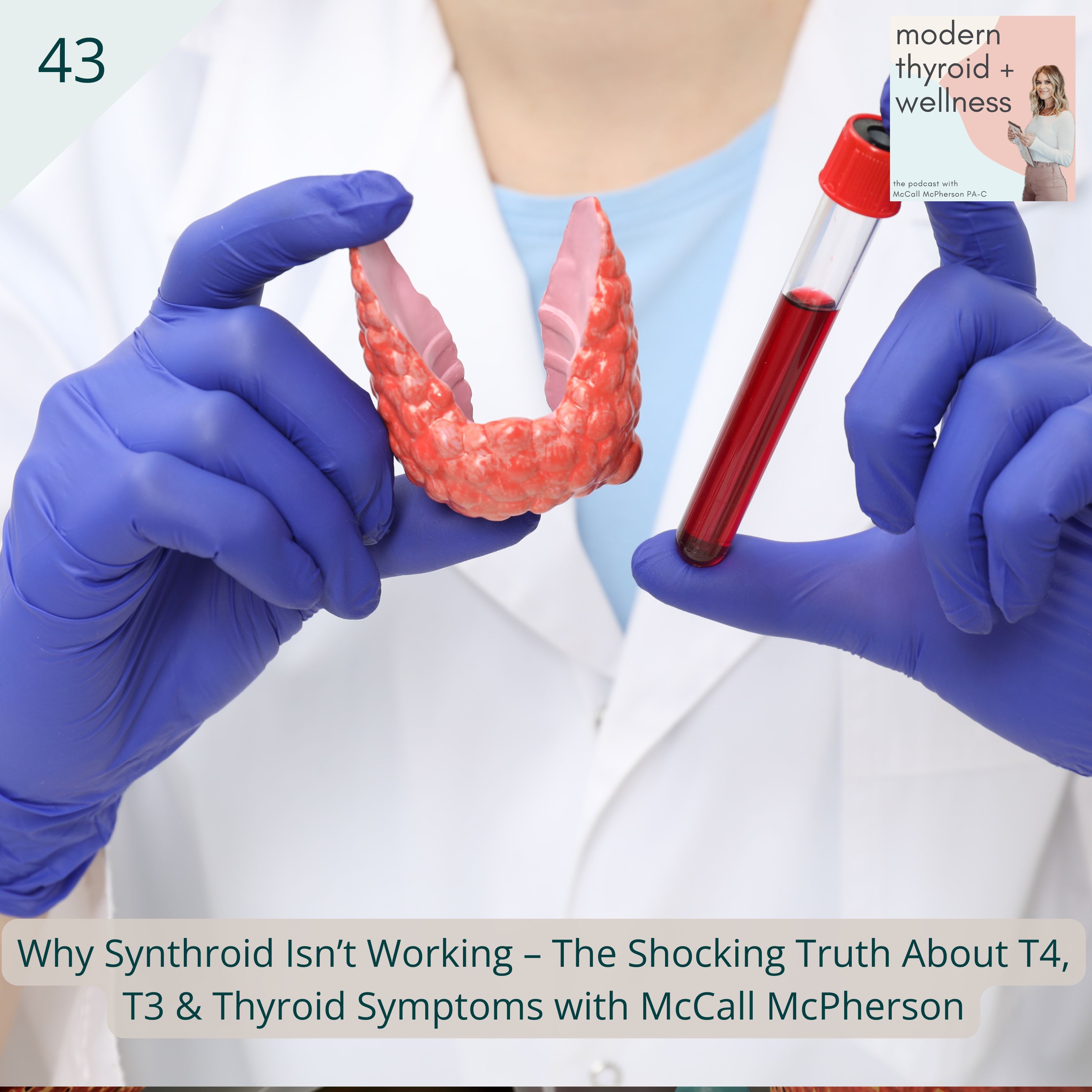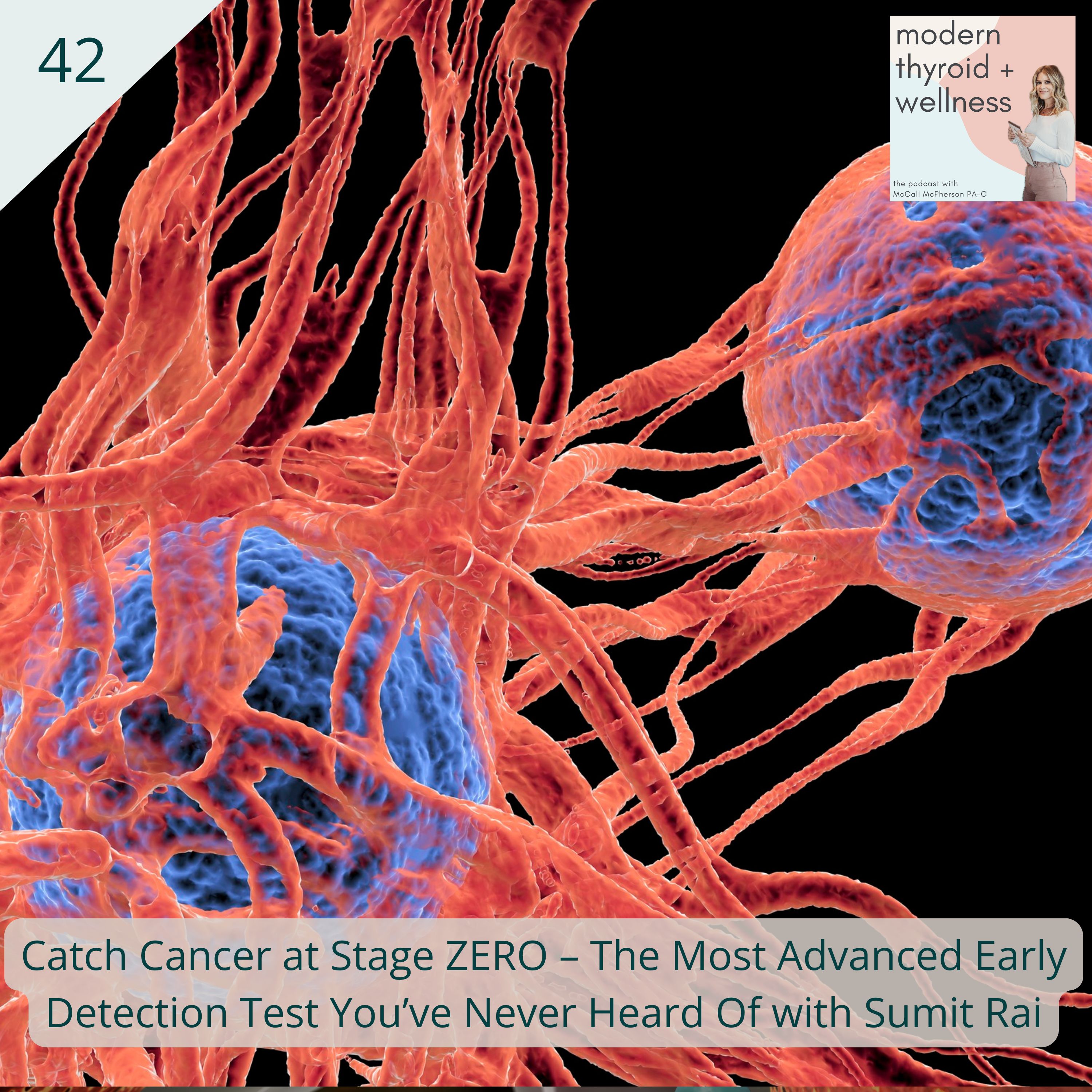Unlocking the Power of Algae: A Deep Dive into Spirulina and Chlorella for Women’s Health
Featuring insights from Catharine Arnston, MBA, BA, Founder & CEO of ENERGYbits
Algae may not be the first thing that comes to mind when you think of superfoods, but according to Catharine Arnston, MBA, BA, it should be. As the founder and CEO of ENERGYbits, Catharine has spent over 16 years researching the health, longevity, and nutritional benefits of algae—specifically microalgae like spirulina and chlorella. In a recent podcast episode, she shared her expertise on how these ancient organisms can be transformative, especially for women navigating perimenopause and menopause.
This comprehensive guide distills Catharine’s key insights, offering actionable advice and in-depth explanations to help you harness the full potential of algae for your health.
Table of Contents
- Algae 101: Understanding the Basics
- Why Microalgae? Spirulina vs. Chlorella
- The Science: Nutrient Density and Mitochondrial Health
- Algae for Women: Navigating Perimenopause and Menopause
- Detoxification and Cellular Health
- Choosing Quality Algae Supplements
- How to Incorporate Algae into Your Routine
- Expert Tips and Recommendations
- Conclusion: Empowering Women Through Nutrition
Algae 101: Understanding the Basics
Historical Significance
- Algae are among the oldest life forms on Earth, dating back 4 billion years.
- Cyanobacteria (spirulina) were pivotal in producing the oxygen that made complex life possible.
- Algae’s evolutionary role is directly linked to the development of mitochondria—the energy factories in our cells.
Types of Algae
- Macroalgae: Commonly known as seaweed, found in oceans, high in fiber and iodine but low in other nutrients.
- Microalgae: Includes spirulina and chlorella, found in freshwater and soil, and is extremely nutrient-dense.
Key Takeaway:
Microalgae are the true nutritional powerhouses, offering concentrated benefits in small servings.
Why Microalgae? Spirulina vs. Chlorella
Spirulina (Blue-Green Algae)
- Protein Powerhouse: Contains 3x more protein than steak, chicken, or fish.
- Rich in SOD (Superoxide Dismutase): A potent antioxidant crucial for cellular protection.
- Energy and Focus: Ideal for pre-workout or as a natural energy booster.
- Alkalinity: One of the most alkaline foods, supporting cellular health and autophagy.
Chlorella (Green Algae)
- Detoxification: High in chlorophyll, binds to heavy metals and toxins for elimination.
- Immune Support: Boosts immune function and aids in recovery.
- Digestive Health: Stimulates peristalsis, promoting regular bowel movements.
- Post-Detox “Cleanup Crew”: Mops up free radicals and toxins released during detox activities.
Expert Insight:
In Japan, chlorella is a dietary staple, contributing to the country’s longevity and low rates of chronic disease.
The Science: Nutrient Density and Mitochondrial Health
Nutrient Density
- NASA Endorsement: 1 gram of algae = 1,000 grams of fruits and vegetables in nutrition.
- Microscopic Size: Allows for a high concentration of nutrients in a small serving.
Mitochondrial Health
- ATP Production: Mitochondria generate ATP, the energy currency of cells.
- Aging and Mitochondria: With age, mitochondrial numbers and SOD production decline, leading to fatigue and health issues.
- SOD’s Unique Role: SOD is the only antioxidant that can penetrate the inner mitochondrial membrane, neutralizing the most harmful free radical (superoxide).
Analogy:
Think of SOD as an umbrella protecting your mitochondria from oxidative “rain.” As you age, the umbrella shrinks—unless you replenish SOD through sources like spirulina.
Algae for Women: Navigating Perimenopause and Menopause
Hormonal Changes
- Estrogen and Melatonin Decline: Leads to sleep disturbances, brain fog, and increased disease risk.
- Double Challenge: Women lose both estrogen and SOD around age 40, making them more vulnerable to chronic health issues.
Algae’s Supportive Role
- Protein Needs: Spirulina’s high protein content supports muscle maintenance and metabolic health.
- Antioxidant Protection: SOD in spirulina helps counteract the oxidative stress associated with hormonal shifts.
- Energy and Clarity: Many women report improved energy and mental clarity within days of starting spirulina.
Actionable Advice:
- Consider spirulina as a daily supplement to support energy, focus, and resilience during hormonal transitions.
- Use chlorella to aid in detoxification and recovery, especially after activities that release toxins (e.g., sauna, red light therapy).
Detoxification and Cellular Health
How Algae Supports Detox
- Chlorophyll in Spirulina: Binds to toxins, facilitating their removal.
- Chlorella’s “Mop-Up” Action: Absorbs and eliminates toxins released during detox processes.
- Multiple Elimination Pathways: Algae supports detox through breath, sweat, urine, and bowel movements.
Practical Detox Protocol
- Before Detox Activity: Take spirulina to bind and mobilize toxins.
- After Detox Activity: Take chlorella to absorb and eliminate released toxins.
Special Note:
Chlorella can also help mitigate hangover symptoms by absorbing alcohol and its byproducts.
Choosing Quality Algae Supplements
What to Watch Out For
- Source Matters: Avoid products from China or India, which may be contaminated or processed with high heat.
- Heat Processing: High heat destroys SOD and other sensitive nutrients.
- Freshness: Fresh or frozen spirulina is ideal but can be expensive and perishable.
Catharine’s Recommendations
- Tablet Form: ENERGYbits’ spirulina and chlorella tablets are convenient, tasteless, and retain active nutrients.
- Purity: Look for algae grown in controlled, freshwater environments.
- Transparency: Choose brands that provide third-party testing and clear sourcing information.
How to Incorporate Algae into Your Routine
Dosage Guidelines
- General Wellness: Start with 10 tablets each of spirulina and chlorella per day.
- Therapeutic Use: Increase to 30 tablets each for specific health goals or conditions.
- Pre-Workout: Take spirulina for energy and focus.
- Post-Workout/Detox: Take chlorella to aid recovery and toxin removal.
Consumption Tips
- Tablets: Swallow with water or add to smoothies.
- Chlorella: Can be sprinkled on salads or taken before bed for better sleep (high in tryptophan).
- Taste: Spirulina has a distinct flavor; tablets are a convenient, tasteless option.
Expert Tips and Recommendations
- Simplify Your Supplements: Algae can replace multivitamins, collagen, and other supplements due to its comprehensive nutrient profile.
- Support Digestion: Chlorella stimulates peristalsis, helping with constipation and digestive health.
- Enhance Red Light Therapy: Take spirulina before red light therapy to maximize mitochondrial benefits.
- Alcohol Tolerance: Use chlorella before or after drinking to reduce hangover symptoms.
- Family and Pets: Algae is safe for all ages and even pets, supporting overall family wellness.
Conclusion: Empowering Women Through Nutrition
Catharine Arnston’s research and personal experience underscore the transformative potential of microalgae—especially for women facing the challenges of perimenopause and menopause. By understanding the science behind spirulina and chlorella, and by choosing high-quality supplements, you can support your energy, detoxification, and overall well-being naturally.
Ready to try it?
Explore reputable brands like ENERGYbits, and consider starting with a daily routine of spirulina and chlorella tablets. As Catharine says, “Take control of your health and well-being—your body will thank you.”
For more educational content and community support, follow ENERGYbits and Beauty Bits on Instagram. Use the podcast’s special discount code to get started on your algae journey!
